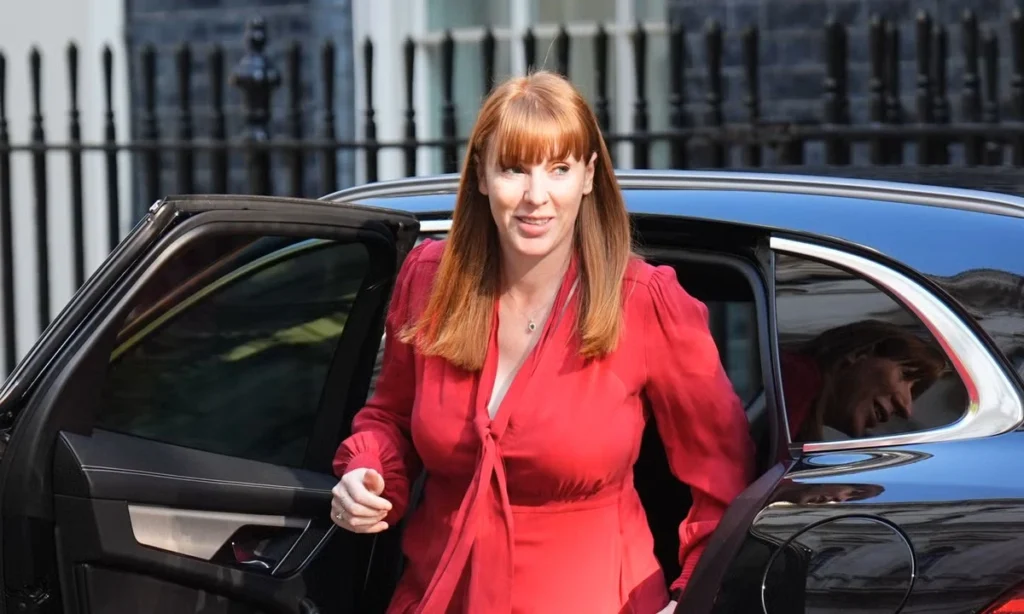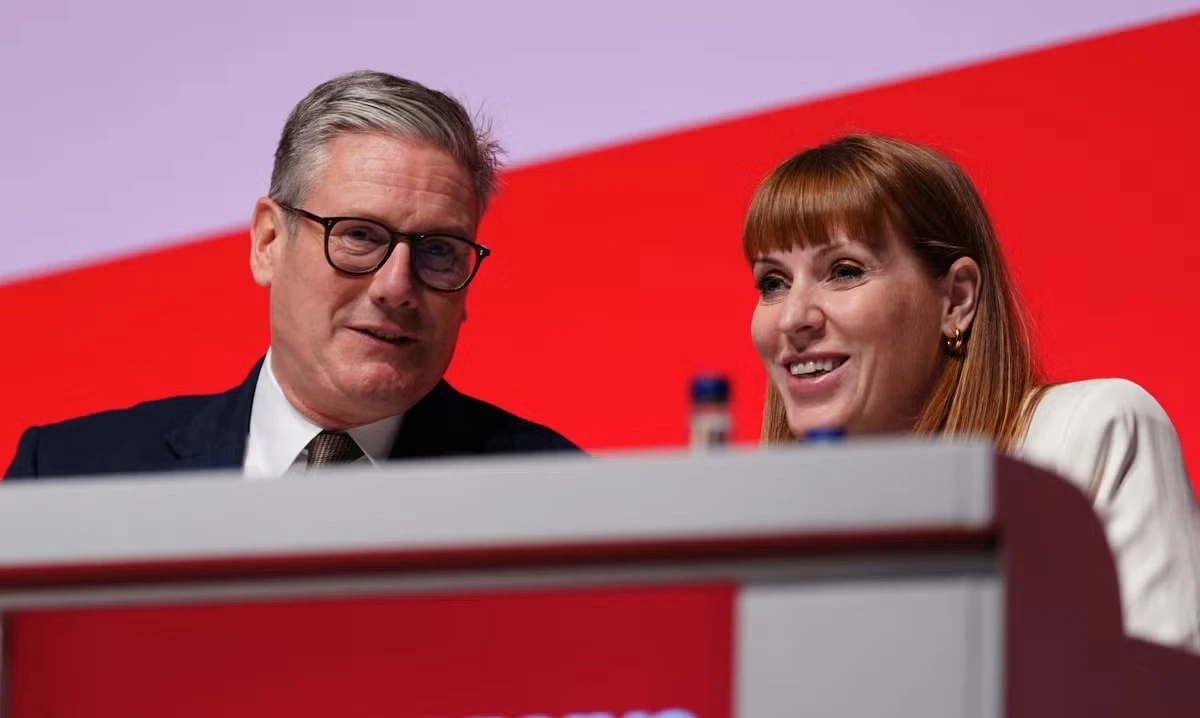Sir Keir Starmer has been forced to reshuffle his cabinet after Angela Rayner resigned as deputy prime minister and housing secretary. Rayner admitted she breached the ministerial code by failing to pay around £40,000 in stamp duty when buying a property.
Her resignation is a major setback for Starmer’s government, which is already under pressure over its performance and falling poll ratings. Rayner tried to hold on to her job for two days but was told on Thursday night that she could no longer stay in her role. The decision followed a report by ethics adviser Sir Laurie Magnus, which confirmed she had broken the rules.
Trouble for Labour as Reform UK Gains Ground
The timing of Rayner’s departure could hardly be worse for Labour. Nigel Farage used the Reform UK party conference in Birmingham to boast that his movement had “unstoppable momentum” heading into the next general election. Polls currently show Reform ahead of Labour, fuelling fears inside government that public confidence is slipping. Starmer promised integrity and competence when he came into office. Losing one of his most senior ministers to a tax row now risks undermining that message. Critics are already pointing to the lack of visible progress in areas such as housing, immigration, and the economy.
David Lammy Takes Over as Deputy Prime Minister

To contain the crisis, Starmer quickly moved to announce a reshuffle. David Lammy, who had been foreign secretary, is now deputy prime minister and justice secretary. Lammy is seen as a loyal ally who can help restore order inside the government. Shabana Mahmood has been promoted from justice secretary to home secretary, where she will face the tough task of dealing with the small boats crisis. Yvette Cooper, who previously held the Home Office brief, will return to foreign affairs by becoming foreign secretary.
A New “Super Ministry” Created
Another striking move in the reshuffle was the creation of a new “super ministry.” Pat McFadden will lead the department, which brings together the Department for Work and Pensions with parts of the Department for Education focused on skills. The idea is to tackle unemployment and training more effectively, though critics question whether so much responsibility can be managed by one ministry. Meanwhile, Steve Reed leaves his role as environment secretary to become housing secretary. He takes on one of the government’s most difficult briefs at a time when soaring rents and low housing supply dominate public concern.
Starmer Faces His Biggest Test Yet
The reshuffle shows Starmer acting quickly to steady his leadership, but the crisis has left its mark. Rayner was a central figure in his government, and her departure highlights the fragility of his political position. With Reform UK building support and voters increasingly frustrated, Labour needs results quickly. Starmer’s new team now faces the challenge of proving they can deliver on housing, immigration, and the economy. If they cannot, the opposition will be quick to exploit the government’s weaknesses. For Starmer, this may be the defining moment of his leadership. How he manages the fallout from Rayner’s resignation and whether his reshaped cabinet can deliver will determine Labour’s chances at the next election.



